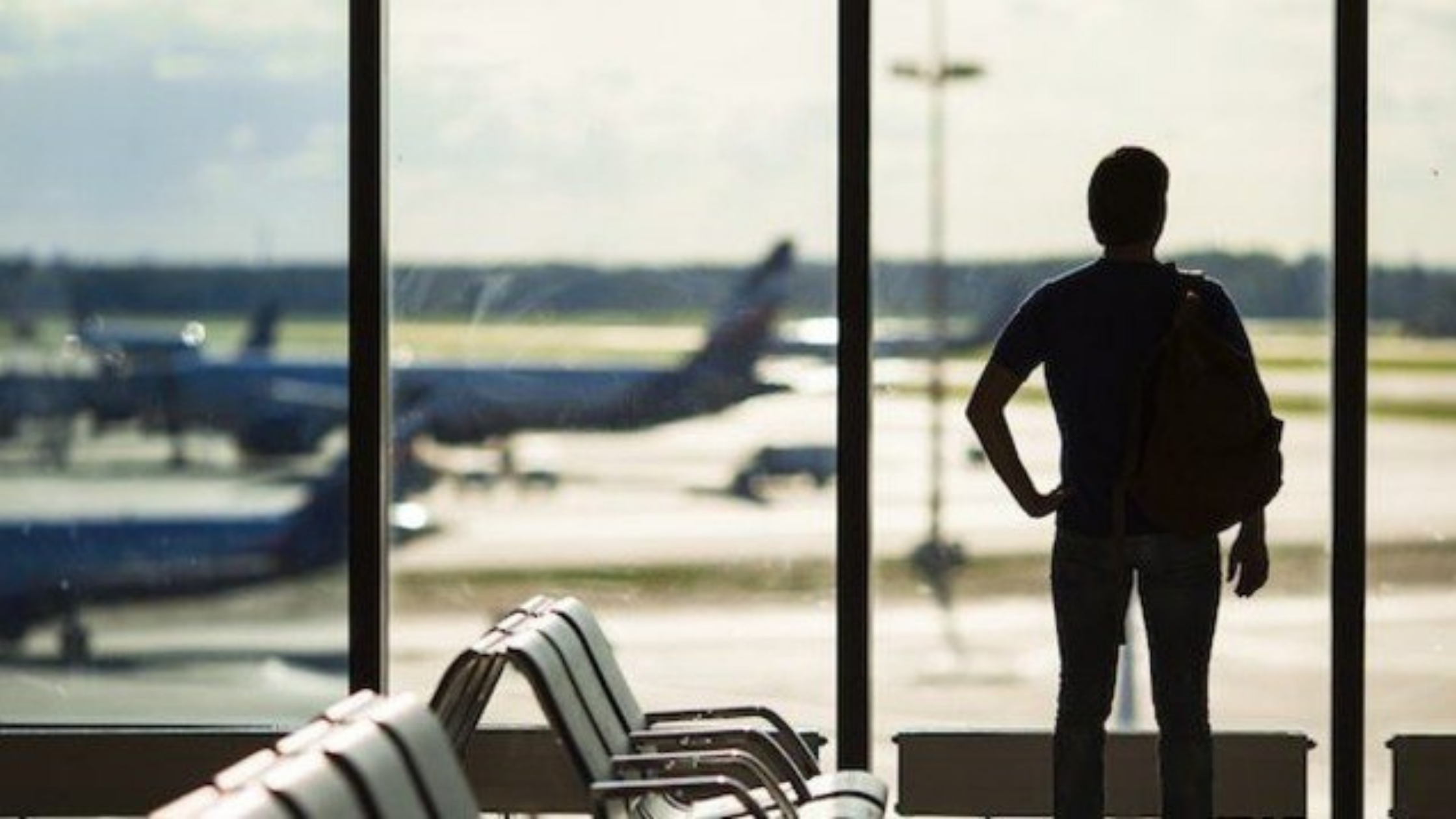Interstate Business Travel Checklist for COVID-19
As Australia gradually emerges from nearly two years of COVID-19 restrictions, business travel is also gradually opening up. But it’s a moving landscape, and there are still different restrictions in place in different States and Territories across the country.
Unfortunately, no one has a crystal ball to accurately predict when restrictions will ease further (or if they will be reinstated if new COVID-19 variants emerge).
Here’s a checklist for business travel across Australia as of January 2022.
Tip 1: Check the latest State/Territory government advice before you book
Always check the latest State/Territory government advice for travel to your intended destination before you book. Below are the weblinks you need:
- New South Wales
- Victoria
- Queensland
- South Australia
- Western Australia
- Australian Capital Territory
- Northern Territory
- Tasmania.
These websites will provide you with crucial information such as whether any of the following are required:
- border passes,
- evidence of vaccination,
- evidence of a negative COVID-19 test prior to entry.
They will also provide you with information on what happens if you acquire COVID-19 while travelling within each State or Territory.
Tip 2: Don’t book your business travel too far in advance
If there’s one thing we’ve learned over the past two years, it’s that we’re living in a fluid environment in terms of both COVID-19 variants and associated restrictions. They can change daily.
Both of those factors make it risky to make business travel plans too far in advance, no matter how optimistic or hopeful we might be that life and travel will return to normal.
Tip 3: Make sure you have pre-booking travel policies in place
A detailed travel policy can help your business save money on travel costs and reduce risk. The policy should include things like:
- Specific airline or motels to book with. Utilising frequent flyer or loyalty programs where you can could save the business a significant amount of money over time.
- Details on what can be claimed as a tax deduction. Any staff travelling will know what receipts they need to keep or records they need to make in order for the company to claim a tax deduction.
- Spending rules. When travelling for work, there will more than likely be personal expenses incurred. Detailing what will be covered by the business and what should be covered personally is a must.
- Security measures. To reduce risks, it’s a good idea to include security measures around personal safety and the transportation, use and storage of company goods such as laptops.
Tip 4: Gather pre-and post-travel feedback from your staff
This feedback can be extremely valuable in planning your future travel to different destinations. Over the past two years, different parts of Australia have been subject to vastly different restrictions.
Tip 5: Have a ‘plan B’ in place
Contingency plans have been crucial to businesses adapting to the ever-changing landscape of COVID-19 restrictions over the past two years. Developing contingency plans for potential further travel restrictions in the short to medium term is still likely to be necessary. Always have a ‘plan B’ in place in case your staff can’t travel.
What about international business travel?
The same principles of the five domestic travel tips outlined above apply. You just need to modify Tip 1 so that you monitor the travel advice of relevant countries where you or your staff may need or want to visit.
The Bottomline
Business travel requires more forward planning and flexibility than ever before. Adequate pre-planning will help you to avoid unnecessary travel expenses, delays or other hassles as much as possible.
Earlypay has supported Australian SMEs with fast and flexible alternative funding solutions for more than 20 years. Our invoice finance, and asset finance products allow business owners to proactively manage their cash flow, freeing up your working capital for investing in growth. To chat about whether our solutions could be right for your business, call us on 1300 760 205.

